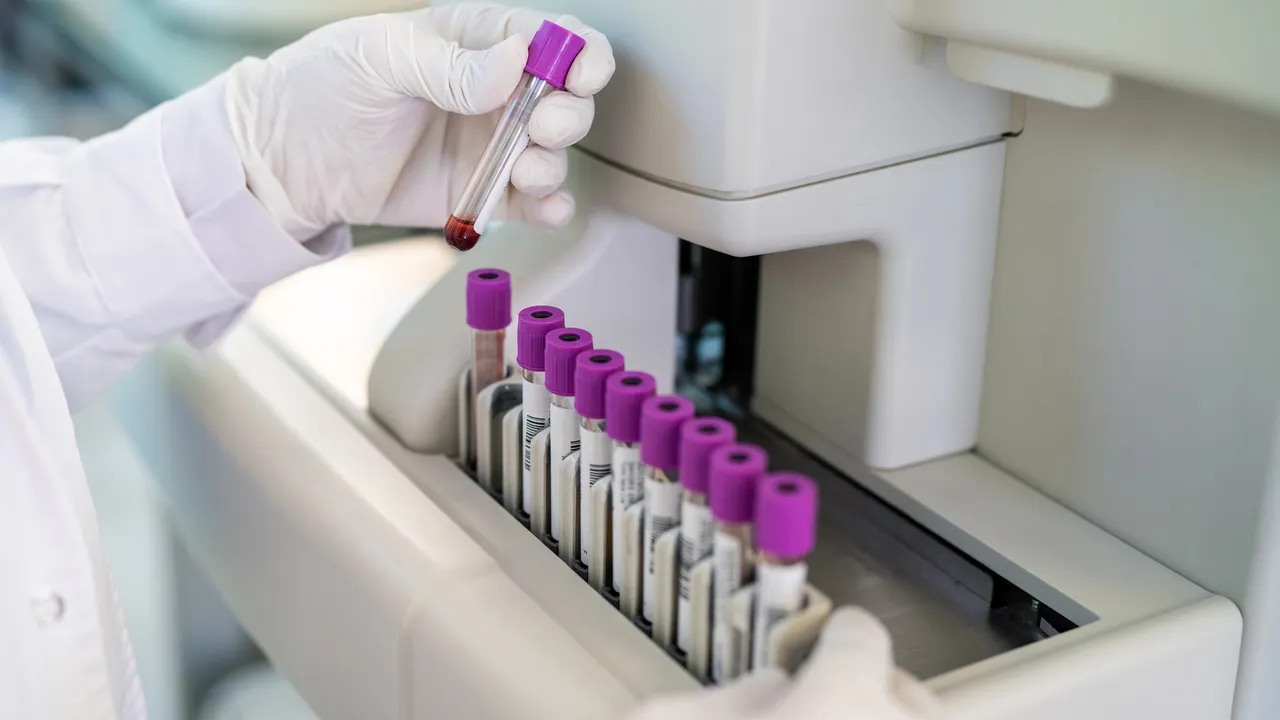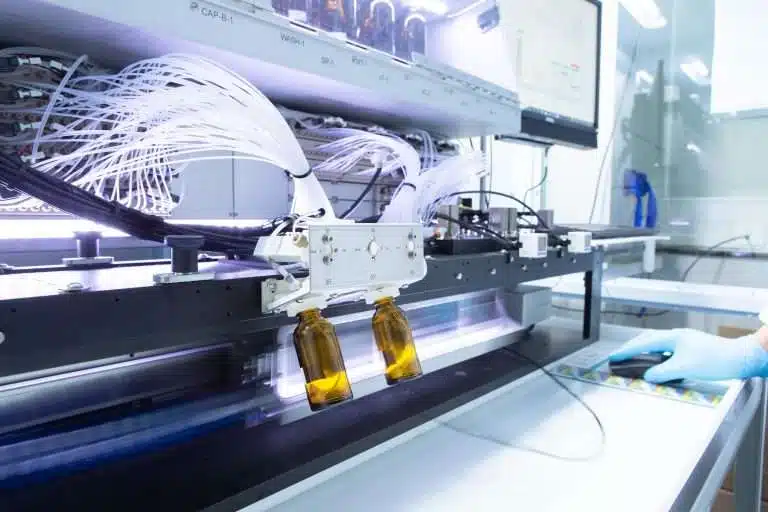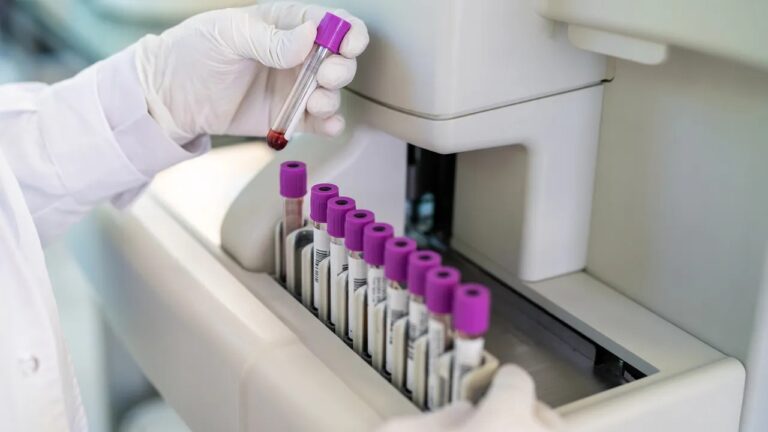Aptamer Group plc (LON:APTA), the developer of novel Optimer® binders to enable innovation in the life sciences industry, has announced a new agreement with AstraZeneca, a global biopharmaceutical company, to evaluate the Optimer fibrotic liver delivery vehicles for the targeted delivery of siRNA.
Following the encouraging results achieved to-date with Aptamer’s fibrotic liver delivery vehicles, the next phase of this research will explore the potential of the non-viral delivery vehicle and its applicability with a tool siRNA.
Under the agreement, AstraZeneca will provide an siRNA to be trialled with Aptamer’s Optimer-based delivery vehicle for fibrotic liver cells. Aptamer Group will conduct in-house experimental work to assess the effectiveness of this delivery vehicle with the AstraZeneca’s siRNA. Upon success, Aptamer Group will progress to internally generating demonstrator data in animal models for evaluation by AstraZeneca.
Delivery of siRNA to precise cell types and tissues with successful cell internalisation remains a significant challenge for the wider therapeutic application of the technology. Despite this limitation, the siRNA market was still valued at over $13 billion in 2023. Optimer technology could represent a paradigm shift in the targeted delivery of siRNA molecules, due to the high levels of selectivity, high affinity and simple conjugation of siRNA payloads, offered using Optimer delivery systems as non-viral vectors. If successful Optimer-enabled delivery of siRNA could lead to the development of novel compounds that have significant advantages over current cell and tissue-targeting methods.
Dr Arron Tolley, Chief Technical Officer of Aptamer Group, said: “We are really excited to work with AstraZeneca to evaluate and optimise our Optimer delivery vehicles.
“Partnerships such as this will enable Aptamer Group to make rapid progress in this area, which is a key focus for Optimer technology. Targeted delivery to specific cell types remains a critical unmet need in many applications within the tissue targeting space and, as such, has been part of our strategic focus to support the development of binders with the potential for long-term, high value. Our initial dataset in Optimer targeted delivery has raised significant interest from multiple parties. We are eager to advance to animal model testing and delighted to continue collaborating with AstraZeneca in this endeavour. Reaching proof of principle in animal models will derisk the Optimer delivery platform and bring us closer to delivering targeted and effective gene therapies for patients.”








































